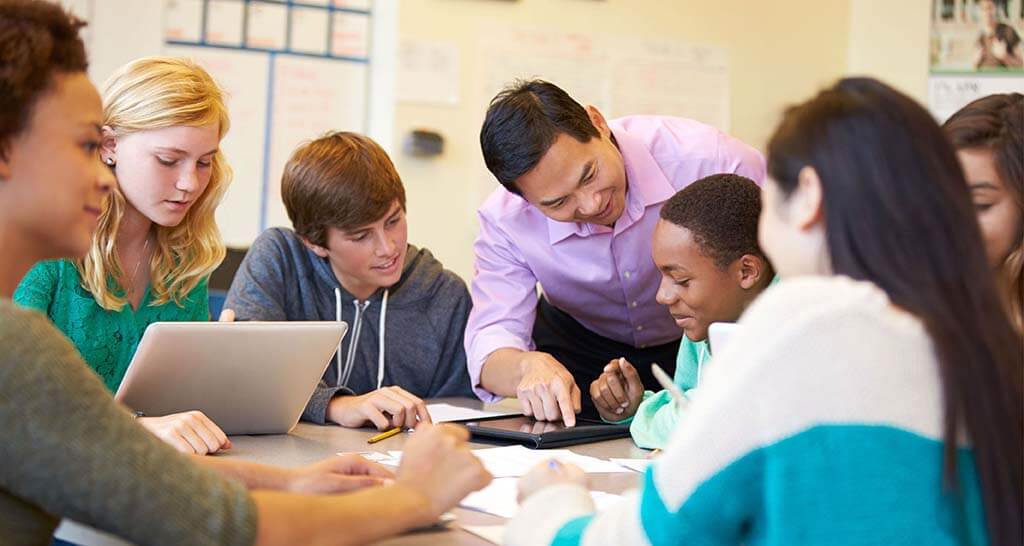The term “social and emotional learning,” or “SEL,” refers to how people of all ages, including children, develop and exercise their emotional intelligence. Effective social and emotional learning (SEL) is not a “programme” or a “curriculum”; instead, it is the basis for an excellent learning environment. The advantages of social and emotional learning (SEL) come from adults and children actively exercising emotional intelligence (EQ; being wiser with emotions) to cocreate a setting for optimum learning, which includes equality and belonging for every kid and adult.
Increases academic success
According to several studies, kids who enhance their social and emotional capabilities also improve their academic performance. When kids sense that they are being heard and acknowledged in the classroom, it is much simpler for them to concentrate on their education and have faith in their capabilities. In addition, SEL helps young people develop more positive attitudes regarding their educational experiences, encouraging them to go to class and learn new things.
Increases one’s self-awareness as well as one’s confidence
The Social and Emotional Learning (SEL) approach fosters a developmental shift in which students move away from depending on other sources for advice on behaving and believing in themselves and their morals and principles. Through this process, children can strengthen their sense of self-worth and believe in themselves. SEL also helps teenagers become more self-aware by instructing them to see how the behaviours and choices they make influence not just themselves but also others around them.
Increases empathetic response
The capacity to comprehend another individual’s emotions and point of view, which is referred to as empathy, is an essential social skill. However, the subject is often glossed over in the curriculum of conventional schools. Children are encouraged to examine their classmates, instructors, and parents’ opinions and emotions while receiving social and emotional education. Empathy training is a doorway to developing other vital abilities such as effective communication, conflict resolution, and being nice to other people.
Enhances one’s abilities to form relationships.
When children develop the ability to empathise with others and put themselves in another person’s position, they also improve their ability to form and keep interpersonal connections. This involves being able to be a good friend to others, being able to recognise the feelings of others, and being able to engage in dispute resolution. Young people who take part in SEL programmes learn not just how to get along with others but also how to collaborate effectively. Students will benefit from these abilities in the classroom, in future careers, and personal lives.
Reduces mental and emotional anguish
It is becoming more evident that kids allowed to learn SEL in the classroom have lower rates of emotional difficulties such as anxiety, sadness, stress, and social disengagement. SEL programmes impact students’ central executive cognitive functions, improving their ability to self-regulate and, more remarkable, ability to manage and cope with their emotions. This is in addition to SEL programmes providing students with the tools necessary to manage their feelings. These advantages are particularly significant in light of the present social milieu, which has been exacerbated by the pandemic, which has led to an increase in the number of students struggling with mental health concerns and feeling socially disconnected.
Promotes healthy patterns of interaction with others
Recent studies have shown that kids who participate in classroom activities focusing on social and emotional learning (SEL) exhibit more positive social behaviour with their classmates, instructors, and parents. When children are taught strategies for dealing with their feelings and given chances to practise self-regulation, they are less likely to engage in aggressive behaviours. Students report higher levels of self-confidence when they have developed abilities in collaboration and interpersonal connections. When students develop the ability to collaborate effectively with one another, they also build the capacity to manage interpersonal disagreement in a manner that is both courteous and constructive.
SEL develops helpful situations
Relationships are extensively established as being necessary for optimal mental health. SEL enhances social awareness and strong connection skills, increasing instructors’ propensity to interact and engage in activities that help them bond with their colleagues. Teachers who have deep ties with the individuals they work with create a caring atmosphere in which they are more likely to provide and receive help.
Teacher wellbeing is critical to student performance, yet it is often overlooked. Students might suffer when staff wellbeing is not prioritised in schools. “Emotionally fatigued instructors may utilise aggressive and punitive behaviours that lead to bad classroom climates and student-teacher interactions,” according to research. Poor attendance, performance, and mental health effects might arise from negative school experiences.
Even without particular treatments, introducing Social-Emotional Learning is a strategy to promote teacher wellbeing. Given the tremendous advantages of SEL for everyone involved, I can only hope that it becomes a required component of every school’s curriculum.










